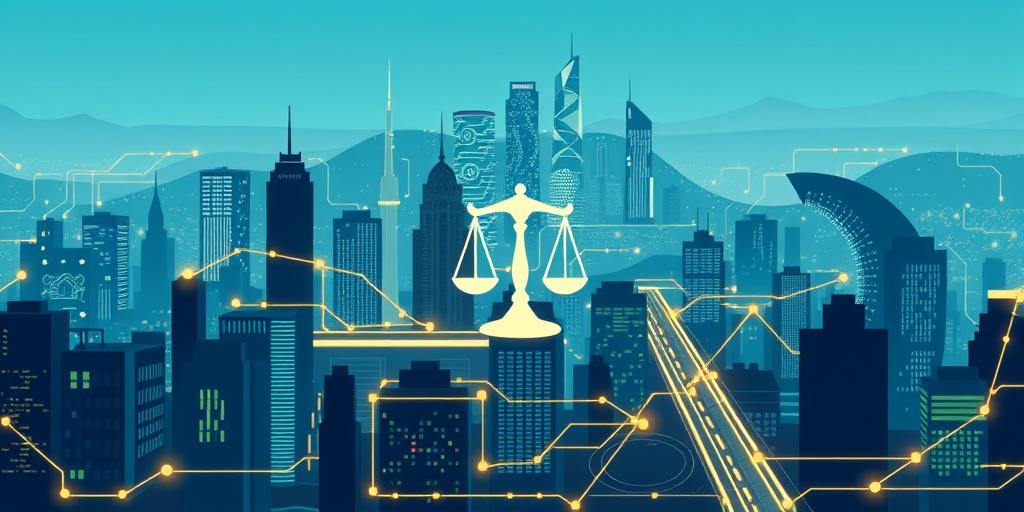The Ethical Challenges Tech Needs to Address
The tech industry, a relentless engine of innovation, is facing a growing reckoning. As technology permeates every facet of our lives, from how we communicate to how we work and govern, it's crucial to address the ethical implications that arise. This isn't just about avoiding scandals; it's about building a future where technology benefits all of humanity.
Data Privacy and Security
The sheer volume of data collected by tech companies is staggering. Every click, search, and purchase is tracked, creating detailed profiles of individuals. The challenge lies in ensuring this data is used responsibly. Data breaches, like the infamous Equifax hack, demonstrate the potential for catastrophic harm. We need robust security measures and transparent data policies that empower users to control their information. Consider these points:
- Transparency: Users need to understand what data is being collected and how it's being used.
- Security: Companies must invest in robust security measures to protect data from breaches.
- Control: Individuals should have the ability to access, modify, and delete their data.
Algorithmic Bias and Fairness
Algorithms are increasingly used to make decisions about everything from loan applications to criminal justice. However, these algorithms can perpetuate and amplify existing biases if they are trained on biased data. For example, facial recognition software has been shown to be less accurate for people of color, leading to potential misidentification and discrimination. Addressing algorithmic bias requires:
- Diverse Data: Training data should be representative of the population it will be used to serve.
- Transparency: The logic behind algorithms should be explainable and auditable.
- Accountability: There should be mechanisms in place to identify and correct biased outcomes.
The Impact on Employment
Automation and AI are rapidly transforming the job market. While technology can create new opportunities, it also threatens to displace workers in many industries. The challenge is to prepare the workforce for the future of work by:
- Investing in Education and Training: Equipping workers with the skills they need to succeed in a changing economy.
- Exploring Alternative Economic Models: Considering universal basic income or other forms of social support.
- Promoting Lifelong Learning: Encouraging workers to continuously update their skills and knowledge.
Social Media and Mental Health
Social media has revolutionized the way we connect, but it also poses significant ethical challenges. The spread of misinformation, cyberbullying, and the addictive nature of social media platforms can have a detrimental impact on mental health, especially among young people. Addressing these issues requires:
- Combating Misinformation: Developing strategies to identify and remove false or misleading content.
- Promoting Responsible Use: Educating users about the potential risks of social media and how to use it safely.
- Prioritizing Mental Health: Investing in mental health resources and support for those affected by social media.
The Future of Ethical Tech
Addressing these ethical challenges is not just the responsibility of tech companies. It requires a collaborative effort involving policymakers, academics, and the public. By prioritizing ethics, we can ensure that technology is used to create a more just, equitable, and sustainable future.
In Conclusion: The ethical challenges in tech are complex and multifaceted. From data privacy and algorithmic bias to the impact on employment and mental health, there is a need to address these challenges proactively and collaboratively. By prioritizing ethics, transparency, and accountability, we can harness the power of technology for the benefit of all.









